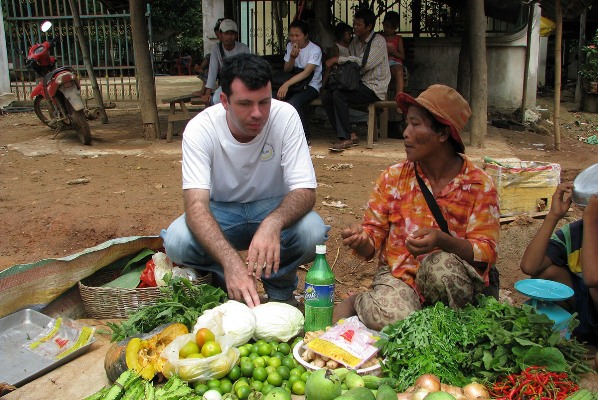Published on June 26, 2015

Temple trails and spicy food fill people’s imaginations when the subject of Southeast Asia comes up, but some corners of the region are more about the people in need than the sights to be seen.
Non-government organizations in Southeast Asia constantly seek new hands. Cambodia’s NGOs need help bringing aid to certain needy communities, while charitable organizations deploy volunteers to disaster-stricken areas like Aceh post-tsunami and Tacloban post-typhoon.
If a volunteer jaunt is the kind of Southeast Asia trip that suits you, then you’re perfectly welcome to visit – provided you keep the following dos and don’t’s in mind.
Examine your motivations. Are you doing this for the actual benefit of the needy… or is there another reason behind your visit? Are you more excited by the after-hours tourist activities than by the charitable actions you ostensibly signed up for? Is proselytizing the actual purpose behind your medical mission? (Take note, in Cambodia it is illegal to proselytize.)
You will be more effective as a volunteer if you go precisely for the purpose you signed up for. Go as a tourist, if tourism is more important to you. Join a local church, if preaching is your priority. Going with ulterior purposes will only shortchange the charity, your fellow volunteers, and the people you were sent there to help.
Research the charities you’ll be volunteering for. Check the track record of the charity, and how they spend their money. Otherwise you’ll find your time and money benefiting people other than the ones you signed up to help.
Consider working with the staff, not the direct beneficiaries. Teaching English to orphans might be an attractive volunteering activity, but sometimes dealing directly with the beneficiaries can hurt more than help.
Antoine, a volunteer for an NGO in Cambodia, explains how you can get around this difficulty: “If you have relevant skills and qualifications, why not consider volunteering to work with staff at NGOs on training and capacity building; but only staff – not beneficiaries,” he says. “This is far more meaningful and actually can make a positive, sustainable difference.”
Do only what the locals can’t do themselves. If there are plenty of carpenters where you’re headed to help, it would be a waste of money and resources to go all that distance… to do carpentry. Not only will you be providing a redundant service, you’ll also be taking salary money away from locals who need that income more than you.






